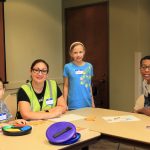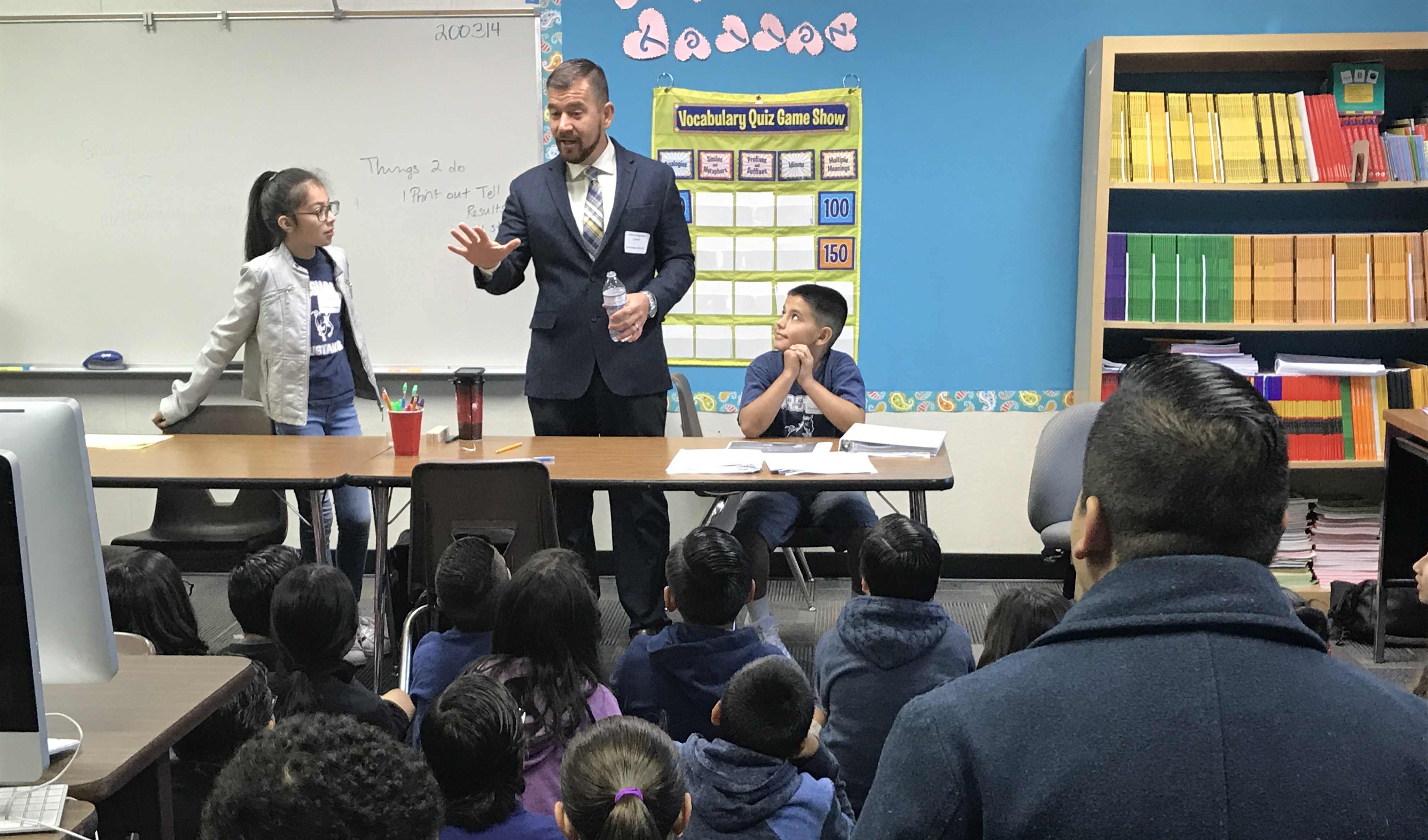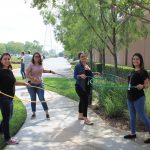At IRC, we are working hard to make sure all our Consumers have access to information, support, and services. Over the past few years, we have been working with community-based organizations (CBOs) to help us close the gap in services for underserved communities. Read on to learn about our efforts, changes in disparity data, and our current CBO partners.
Purchase of Service and Data
Each year we collect what is called Purchase of Service (POS) data. Purchase of Service is a term used by the regional center system to refer to any service or support that a regional center purchases on behalf of a Consumer. Studying POS data allows us to understand how budget dollars are being spent on Consumer services. Specifically, we look at how our agency purchases services for our clients across five categories: age, race/ethnicity, primary language, disability, and residence type.
Disparity Areas of Focus
Through data analysis, our Diversity Outreach Coordinator identifies specific demographic populations that are not connecting or accessing IRC purchased services. Our areas of focus are:
- Hispanic families
- Spanish-speaking families
- Consumers with Autism
Community Partners 2017-2019 Programs
From 2017 through 2019, IRC partnered with Fiesta Educativa and Team of Advocates for Special Kids (TASK) to reach out to IRC families to help them access services.
Fiesta Educativa offered the Autism Parent Education Program and Fiesta Familar. Through these two programs, Fiesta Educativa was able to work with 261 IRC families. TASK, utilized an in-home training style, meeting with 215 families, in their homes.
Through these programs and additional outreach and training by IRC, increases in service utilization have been seen in all three of IRC target demographics: Hispanic families, Spanish-speaking families, and Consumers with Autism.
You can learn more about our 2017/18 efforts in a Purchase of Service Recap.
Community Partners for 2018-2020
IRC is partnering with three new CBOs from 2018-2020, to continue addressing service access for our underserved communities. Autism Society Inland Empire, Exceptional Parents Unlimited, and the University of California Riverside will be working to connect with IRC Consumers and families. Additionally, each organization will utilize unique program models and target specific demographics.
Autism Society of the Inland Empire
Autism Society Inland Empire (ASIE) has launched its project Colaboración, Liderazgo, Abogacía, Servicio, y Educación (CLASE). CLASE is a “train the trainer” model where established community leaders and organizers are trained in IRC processes and services. CLASE leaders will receive training from industry experts and share that knowledge with their communities. Specifically, they will assist families through the IRC intake process and empower our clients to request needed services. This project is focused on the Hispanic community and low to middle-income families in the Inland Empire.
Exceptional Parents Unlimited
Exceptional Parents Unlimited (EPU) is connecting with IRC families through its program Navigating Systems with Families. This program utilizes community outreach, parent mentors, and one to one family coaching and support. In-home workshops will include subjects like learning the regional center system, appeals, services offered, the Lanterman Act, and more. EPU aims to work with IRC clients on the Autism Spectrum as well as Hispanic families who do not currently have an IRC-funded service. This program is specific to San Bernardino County. IRC parents interested in this program should contact their service coordinator for a program referral.
University of California Riverside
The University of California Riverside (UCR) has begun its program Increasing Awareness and Support for Parents of Youth with ASD in the Desert and Coachella Valley. Over the next two years, UCR is focused on empowering the families of IRC clients who have Autism, through conferences followed by a parent-mentor support system. The first year of the program targets parents of transition age/young adults, while the second-year will focus on early childhood. The first conference will be held on May 18, 2019, at the UCR Palm Desert campus. Parents interested in attending should contact their service coordinator to help them register. Additional information can also be found on the event page.
Share this Post




